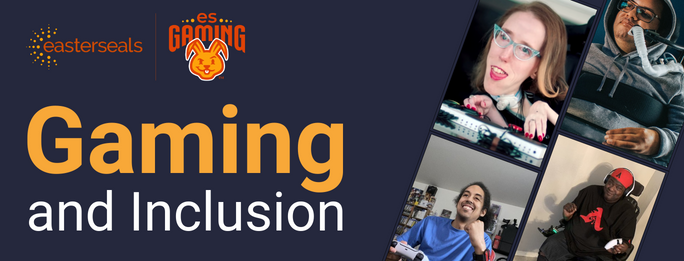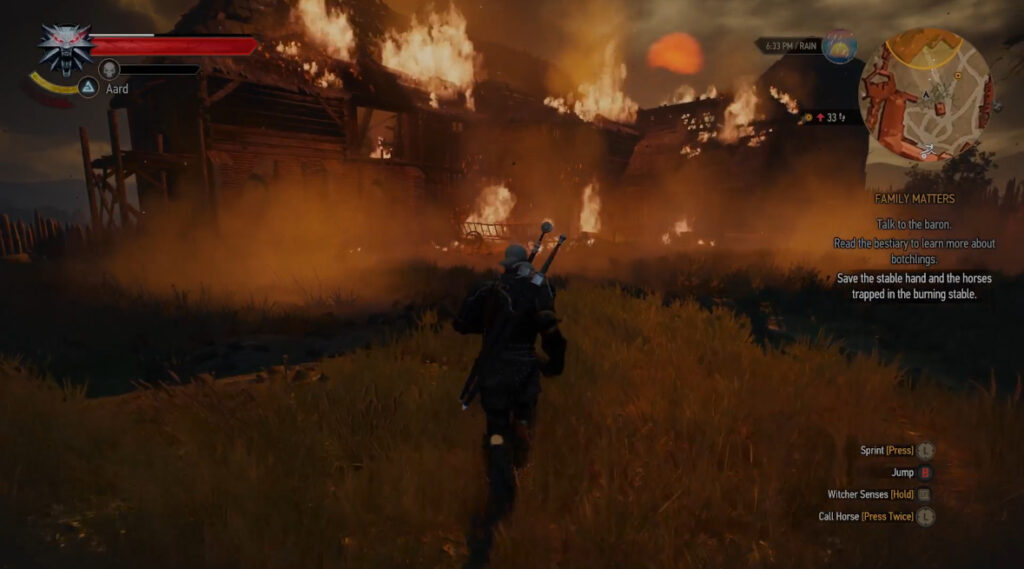
Master Gardeners Pay It Forward with Flowers, Plants and Passion
By Jackie Orihill
 Did you know that you, or anyone with a passion for plants, could get six weeks of training to become a master gardener for free? What’s the catch? It’s a good one. You have to commit to these two things: Sharing your gardening education in your community through volunteer work, and continuing to grow your gardening knowledge.
Did you know that you, or anyone with a passion for plants, could get six weeks of training to become a master gardener for free? What’s the catch? It’s a good one. You have to commit to these two things: Sharing your gardening education in your community through volunteer work, and continuing to grow your gardening knowledge.
Master gardener Carolyn Litwin took her passion for plants and turned it into creative programs at the Easterseals in her hometown of Topeka, Kansas. She’s planting cotton, building teepees with plants and donating terra cotta pots that are overflowing with annuals.
“The master gardening program lets me combine my interest in gardening with other interests, like working with people with disabilities,” she says.
Once you become a master gardener, you pick the committee that you’d like to work on. “Some people choose nutrition programs or youth education or the gardening hotline, while others may choose our demonstration gardens or special needs garden projects,” says Carolyn. “You can get creative. I trained 25 years ago before horticulture therapy, as a career, even existed, but I was always interested in it. So I eventually initiated a program with Easter Seals Capper Foundation because of that interest.”

She started a weeklong gardening camp at the affiliate 12 years ago, and one of the program’s first projects was to build a teepee out of willow limbs. The kids also planted morning glories (bright crimson flowers), which eventually covered the teepee.
Carolyn’s ingenuity was tested when they built the teepee and discovered that wheelchairs could fit through the single door but then couldn’t turn around to get out. So she worked with others to build a second door on the opposite side of the teepee, allowing kids of all abilities to enter, hide away or race through, then easily exit.
Although the children's camp has dissolved, the teepee still stands for anyone to enjoy. It sits in the newly renovated recreation area, where adult clients and Easterseals staff gather. “The other day I saw a smile clear across an adult gardener’s face as she took a stroll in her wheelchair through the teepee,” says Carolyn.
 Since the childcare program dissolved at the center, Carolyn has innovated gardening activities for the adults there, and a playground has become a courtyard overflowing with seasonal blooms. Carolyn oversaw the planting of flower beds in the courtyard, ensuring they're raised to make them accessible to people in wheelchairs.
Since the childcare program dissolved at the center, Carolyn has innovated gardening activities for the adults there, and a playground has become a courtyard overflowing with seasonal blooms. Carolyn oversaw the planting of flower beds in the courtyard, ensuring they're raised to make them accessible to people in wheelchairs.
She plans to work with the adults in the adult day program for all three growing seasons, so they get to witness the full plant life cycle from spring to fall. “We hope the adults will feel an ownership in their gardens when they watch what they’ve planted grow. It’s exciting,” she adds. “Everything has grown like magic.”
The flowers are marvelous, but for Carolyn, the connections she makes are the most beautiful. “When I see a smile or hear a question or someone asks me to simply show them how to dig a hole,” she says, “I know we’re connecting and that gives me a feeling of satisfaction.”
There are many Easterseals locations with gardening programs. Learn about several of our gardening programs here.
Connect with an Easterseals in your area to see how your passion, hobbies or skills could benefit people with disabilities.






 “Streaming is both accessible and not accessible,” Evans said. “The streaming part itself is accessible, in that it allows me to make my own schedule, and I can work it around my disabilities. However, the inaccessible part is the demand for content creators to constantly be networking, attending events and continuously pushing out content. I cannot attend events, and if I can they’re incredible stressful, so all my work networking has basically been done online, which thankfully is becoming a more acceptable side of content creation.”
“Streaming is both accessible and not accessible,” Evans said. “The streaming part itself is accessible, in that it allows me to make my own schedule, and I can work it around my disabilities. However, the inaccessible part is the demand for content creators to constantly be networking, attending events and continuously pushing out content. I cannot attend events, and if I can they’re incredible stressful, so all my work networking has basically been done online, which thankfully is becoming a more acceptable side of content creation.” “I must say over the years it has become less and less accessible for me,” Martínez said. “SMA (Spinal Muscular Atrophy) causes strength, endurance and mobility loss as time passes. I can’t use a physical keyboard as I used to, so it’s been years now with an on-screen keyboard. Voice dictation doesn’t work well for me due to my voice being inconsistent, not to mention my accent. In English it can go from totally wrong to acceptable. In Spanish, my native language, it works better.”
“I must say over the years it has become less and less accessible for me,” Martínez said. “SMA (Spinal Muscular Atrophy) causes strength, endurance and mobility loss as time passes. I can’t use a physical keyboard as I used to, so it’s been years now with an on-screen keyboard. Voice dictation doesn’t work well for me due to my voice being inconsistent, not to mention my accent. In English it can go from totally wrong to acceptable. In Spanish, my native language, it works better.” “What drew me to consulting was the opportunity to leverage my unique perspective as both an able-bodied and disabled gamer to improve the gaming experience for others,” Lane said. “I can share the frustrations I’ve faced as a disabled gamer and use that knowledge to advocate for better accessibility features. Companies and studios that I work with go the extra mile to make sure I have everything I need to succeed.”
“What drew me to consulting was the opportunity to leverage my unique perspective as both an able-bodied and disabled gamer to improve the gaming experience for others,” Lane said. “I can share the frustrations I’ve faced as a disabled gamer and use that knowledge to advocate for better accessibility features. Companies and studios that I work with go the extra mile to make sure I have everything I need to succeed.”





Connect with us on social media